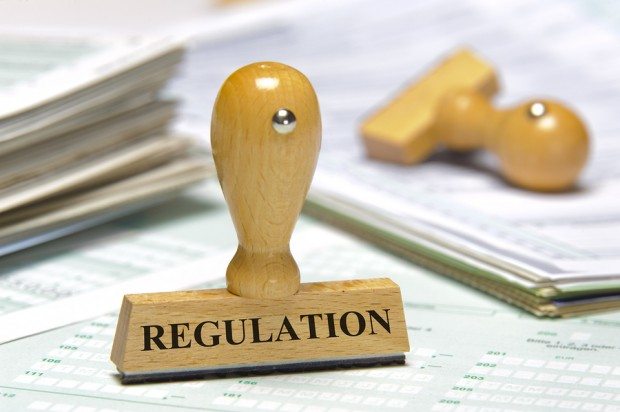World leaders renewed their determination on Friday to work more closely and regulate across the financial system to avoid conflicting rules that would crimp economic growth.
The Group of 20 nations (G20) ended a summit in Russia by asking regulators to design extra safeguards for top banks, complete tighter rules for big insurers, and meet set deadlines for reforming the $60 trillion “shadow banking” sector.
The G20 began calling for reforms in 2008 after the collapse of U.S. bank Lehman Brothers. Change, however, is taking longer in derivatives markets, banking and accounting due to national differences.
“We are committed to maintain the momentum of reform until the job is done,” the G20 leaders said in their communique that put heavier emphasis on coordination than past statements.
It follows last December’s plan from the Federal Reserve to tighten oversight of foreign banks in the United States, angering the European Union and sparking worries that the world’s capital markets will be broken up just when the economy is recovering.
“The U.S. rules on foreign banking changed the tone of the conversation and there is a perception that, maybe unwittingly, the United States is departing from the emphasis on cooperation that was there are the beginning of the crisis,” said Nicolas Veron of Brussels-based think tank Bruegel.
It is only in the past few weeks that the EU and United States have patched up differences over introducing new rules to make global derivatives markets safer.
Countries should defer to each other when it is justified by the quality of their respective regulatory and enforcement regimes that are based on similar outcomes, the communique said.
The G20 leaders were “resolved” to see the financial reform agenda through to its completion in a manner that avoids compromising the global financial system.
The G20 said fragmentation within Europe was one of the main challenges to the global economy and urged “decisive implementation” of a planned banking union.
LOFTY STATEMENTS
Bob Penn, a financial services lawyer at Allen & Overy in London, said the undertakings were welcome words but regulators were pulling in the other direction.
It would be almost impossible to deliver on the G20’s pledges to coordinate more fully without substantial change to domestic law and regulatory culture for most members, Penn said.
“Lofty statements will not persuade domestic politicians to open their chequebooks, or expose domestic voters to losses, to support failing foreign banks,” Penn said.
The G20 summit asked its regulatory task force, the Financial Stability Board, to develop proposals by end-2014 to ensure top banks have enough bonds to tap in times of trouble and avoid relying on taxpayers.
It could help restore trust among regulators that their taxpayers would no longer be on the hook and thus reduce the temptation to take unilateral steps like the United States.
The summit backed similar work for top insurers and to develop the first capital adequacy rule for the sector.
The FSB will also design rules by the end of 2013 on identifying big institutions, such as clearing houses, that require extra safeguards.
As expected, the summit backed a timetable for new rules for regulating “shadow banking” activities like repurchase markets and securities lending, with checks on implementation starting in 2015.
Germany had wanted a more binding approach to shadow banking after saying on Wednesday the European Union should take a tougher line in regulating money market funds.
(Reporting and writing by Huw Jones, editing by Mike Peacock)





















 The Future of HR Is AI
The Future of HR Is AI  State Farm Mutual to Pay $5B Dividend to Auto Insurance Customers
State Farm Mutual to Pay $5B Dividend to Auto Insurance Customers  Large Scale Cargo Ring Busted in LA, $5M Recovered
Large Scale Cargo Ring Busted in LA, $5M Recovered  Telematics and Trust: How Usage-Based Insurance Is Transforming Auto Coverage
Telematics and Trust: How Usage-Based Insurance Is Transforming Auto Coverage 





